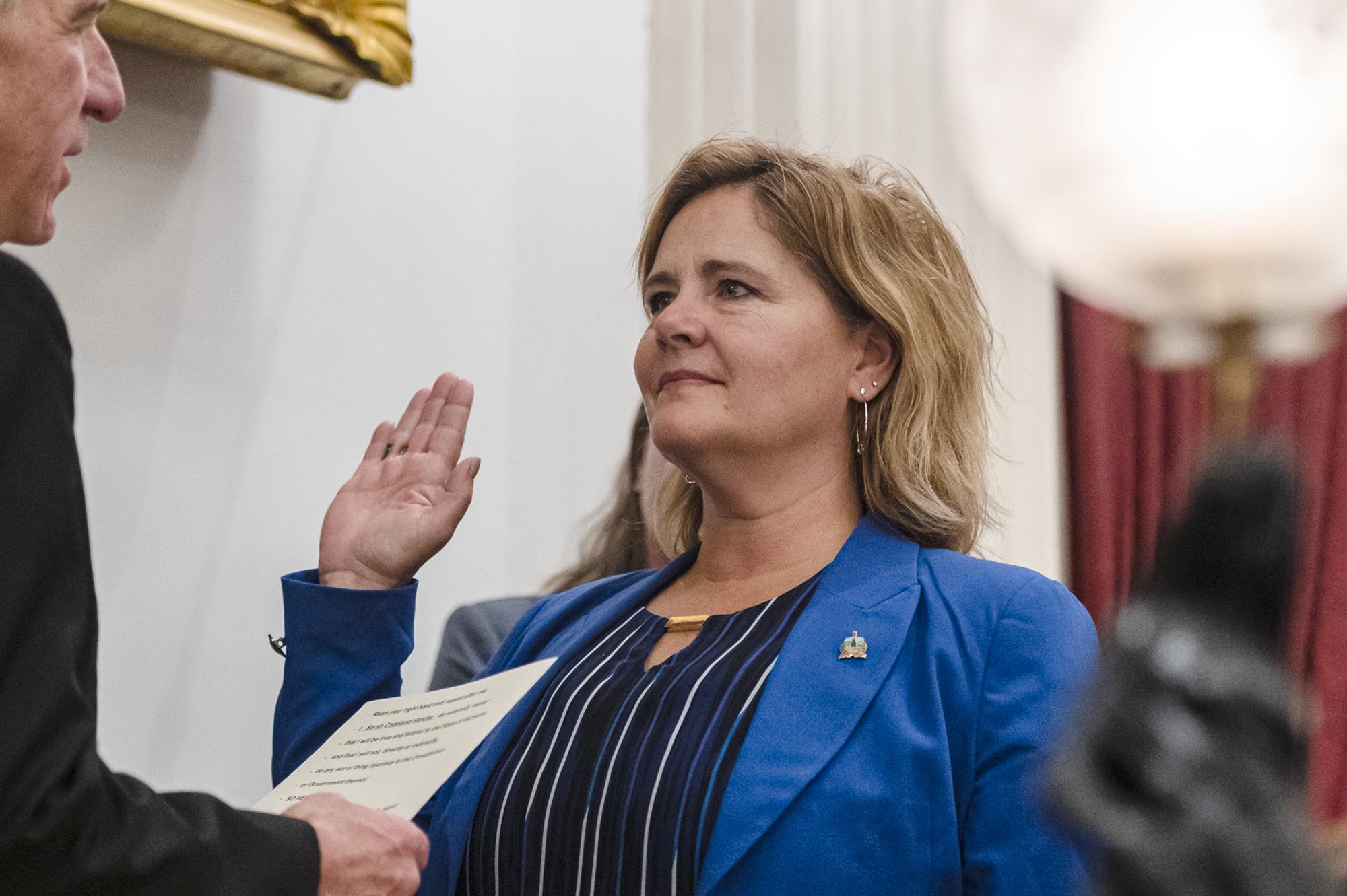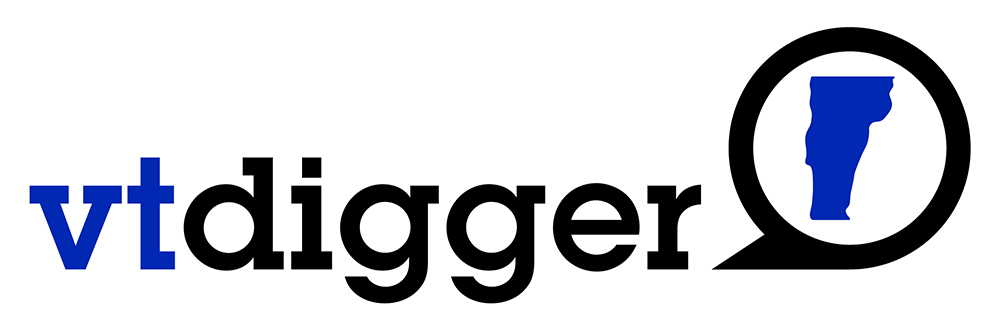
Updated at 6:27 p.m.
MONTPELIER — The U.S. Department of Justice this week asked Vermont to hand over sensitive personal information on all of the state’s registered voters, Secretary of State Sarah Copeland Hanzas said Friday.
The secretary also said she intends to reject the justice department’s request. That’s in line with public statements she made last month, after her office received a separate but related inquiry from the feds about the possibility of information-sharing.
The justice department sent Copeland Hanzas’ office a letter Monday asking her to furnish voters’ full names, home addresses, birthdays and driver’s license numbers, as well as the last four digits of their social security numbers. All of this is to allow federal officials to inspect the data, the letter said, asking for a response from the state within two weeks.
“My gut is, there’s no way we’re releasing this information to the federal government,” Copeland Hanzas said Friday.
The secretary said she believes her office has firm legal backing to reject the request, which was signed by Harmeet Dhillon, President Donald Trump’s assistant attorney general for civil rights. Existing Vermont law specifically prohibits the state and municipal governments from sharing voters’ personal details with the federal government for certain uses, Copeland Hanzas noted. This includes handing over voters’ information so federal agencies can compare it to “personally identifying information contained in other federal or state databases.”
However, the justice department letter, which was reviewed by VTDigger, contends that the federal government does, in fact, have the authority to ask for voters’ personal details, if it wants. The letter states that the justice department is interested in reviewing Vermont’s voter data to ensure the state is complying with two federal laws related to voting.
The first, the National Voter Registration Act, requires election officials to remove from state voter rolls those who are ineligible to vote because they move or die, according to Votebeat. The second, the Help America Vote Act, requires states to maintain a digital list of registered voters and assign them a unique identifying number. The act also requires states to remove duplicate names.
Copeland Hanzas said she sees no reason why the federal government needs to verify that information because, in her view, Vermont already has a robust system of local officials, working in conjunction with her office, to keep voter rolls up-to-date.
“In Vermont, that means 247 duly-sworn town and city clerks working alongside thousands of boards of civil authority members from those towns across the state,” she said. “We have a lot of eyes on our voter registration rolls, and we know that they are working very hard.”
At least two dozen states have received requests from the Trump administration for voters’ information in recent months. Trump has promised the effort will root out fraud and keep non-U.S. citizens from voting in federal and state elections, which is illegal. (Three cities in Vermont allow non-citizens to vote in their communities’ local elections, such as a city council race.) Some states have complied, even as others have refused.
There is no evidence, Copeland Hanzas said, that non-citizens illegally vote in state or federal elections in significant numbers. She compared plans to scour voter data for cases where the practice happens to looking for a “needle in a haystack.” She also questioned why non-citizens would risk breaking the law to vote because they could be more likely to face deportation proceedings if caught.
The letter sent to Vermont does not explicitly mention checks for people’s citizenship or immigration status. But this week, the Trump administration confirmed the justice department is sharing states’ voter roll information with the U.S. Department of Homeland Security in a search for non-citizens, according to Stateline.
Vermont has until Sept. 22 to respond to the justice department’s letter. Copeland Hanzas said her office is working with the Vermont Attorney General’s Office to draft a formal reply, which she expects to send by that deadline.

